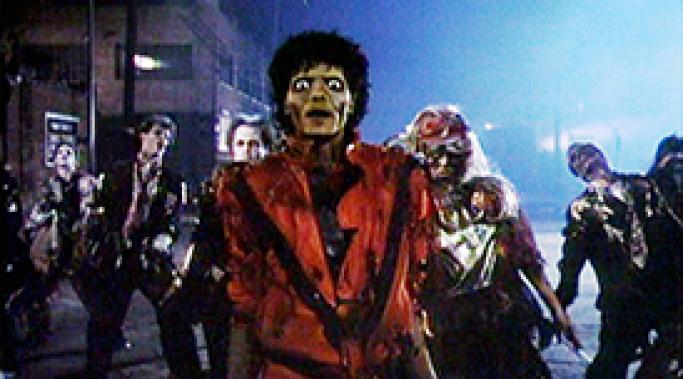We all use stigmatizing words; some can't seem to stop, some don't know they are hurtful. The truth is, we can make a difference in our world if we stop using stigmatizing words (Language Can Stigmatize People with Mental Illness). We want to be able to talk about mental health and reduce stigma in the media, at home, and in the workplace. To increase awareness and to do this, we must stop using stigmatizing words and insist others do the same.
How to Combat Stigma
When people have wrong ideas about those who suffer from a mental health issue, moods and relationships can be affected by this mental health stigma (Misunderstandings Can Contribute to Mental Health Stigma). Moods are affected by mental health stigma because when you allow these false ideas to affect you, quite often you will have poor self-esteem, which can lead to other effects such as isolation. Isolation is one of the worst parts of mental illness and when you stay inside and shut yourself off from the world, the first thing to be affected is relationships which can then lead to or add to low moods.
Careful media portrayals of mental illness are more important than they may seem. While it’s true that not everyone feels the influence of media, there are people that do, and it is those people that we have to keep an eye out for. People might be influenced regarding their hair style or the latest Twitter hashtag, but the media portrayal of mental illness may influence them as well.
Fighting mental health stigma dos are important. When talking about mental health stigma and offering some advice for combating it, we often talk in terms of what not to do. Don’t shame someone. Don’t say these things. Don’t believe the lies that stigma tells us. Recently there was a comment left on one of HealthyPlace’s blogs pointing this fact out and asking for some dos in fighting mental health stigma instead. Here are some of those dos, but keep in mind there are tons of other things you can do to fight mental health stigma.
Stigma harms those with mental health issues, but it is possible to build a community where mental health stigma doesn't exist. Building a community of stigma-free living takes time and effort, but when stigma in your community doesn't exist, you will have a much more rewarding and stress-free life.
You can use trending social media posts to combat mental health stigma. Every once in a while, a “copy and paste this post” about mental illness will make its way across social media (Use Social Media to Combat Mental Health Stigma). These posts are typically short or a couple paragraphs long, which is likely how they gain traction since short and sweet is easier to deal with and then move on from. That being said, these trending posts about mental health usually don’t do much to combat stigma.
Watching social media on the US election night last week left me with a feeling of dread and it's important not to stigmatize that type of emotional reaction to the US election. The heaviness of people’s words and the fears they expressed post after post was palpable through the screen. I hadn’t searched for the negative; I simply clicked on the trending hashtags #USElection2016 and #ElectionNight. The posts the next morning after Donald Trump’s victory was much the same. But US election emotions shouldn't be stigmatized.
There are plenty of ways stigma surfaces around Halloween (Mental Illness Stigma And Halloween: A Teachable Moment) and this include stigmatizing Halloween costumes. Typically, we hear about costumes that are promoting hurtful stereotypes for cultural or racial groups and the posts start asking people to not wear those costumes because of the messages they send. Brock University in Ontario, Canada has even banned these types of costumes, as well as costumes that make light of mental health issues, and those costumes certainly are cropping up, too. So far I’ve seen one costume that is supposed to be a “skitzo” and then there is the widely spoken-against self-harm costume that was listed on Walmart’s website before it was taken down and an apology was issued. Here's how you might responde to these stigmatizing costumes used for Halloween.
Fighting mental health stigma isn't done by walking away. Although, in general, “walk away” is actually some pretty solid advice. If you’re looking to avoid confrontation, triggers, frustrations or other detrimental situations, then yes, by all means, please save yourself the grief and trouble by walking away. But as someone looking to advocate against the stigma of mental illnesses, I know that walking away doesn't help fight mental health stigma.
The phrase “get over it” is something the mental health community has heard and spoken out against many times (What Is Stigma?). In particular, we hear it applied to depression and anxiety, but likely because those are the two mental illnesses that are most spoken about. The problem is, even though we’ve discussed the phrase and the problems it presents, it’s still something we hear over and over again, which, to me, means it’s something we need to continue speaking out against. "Get over it" just isn't helpful advice for a person with a mental illness.









